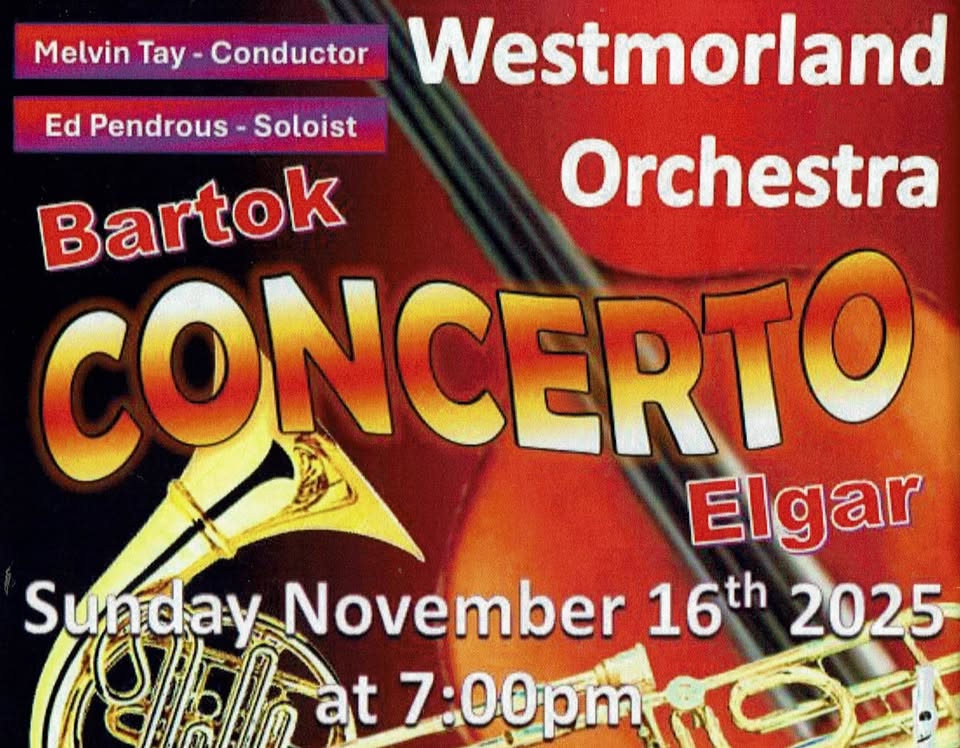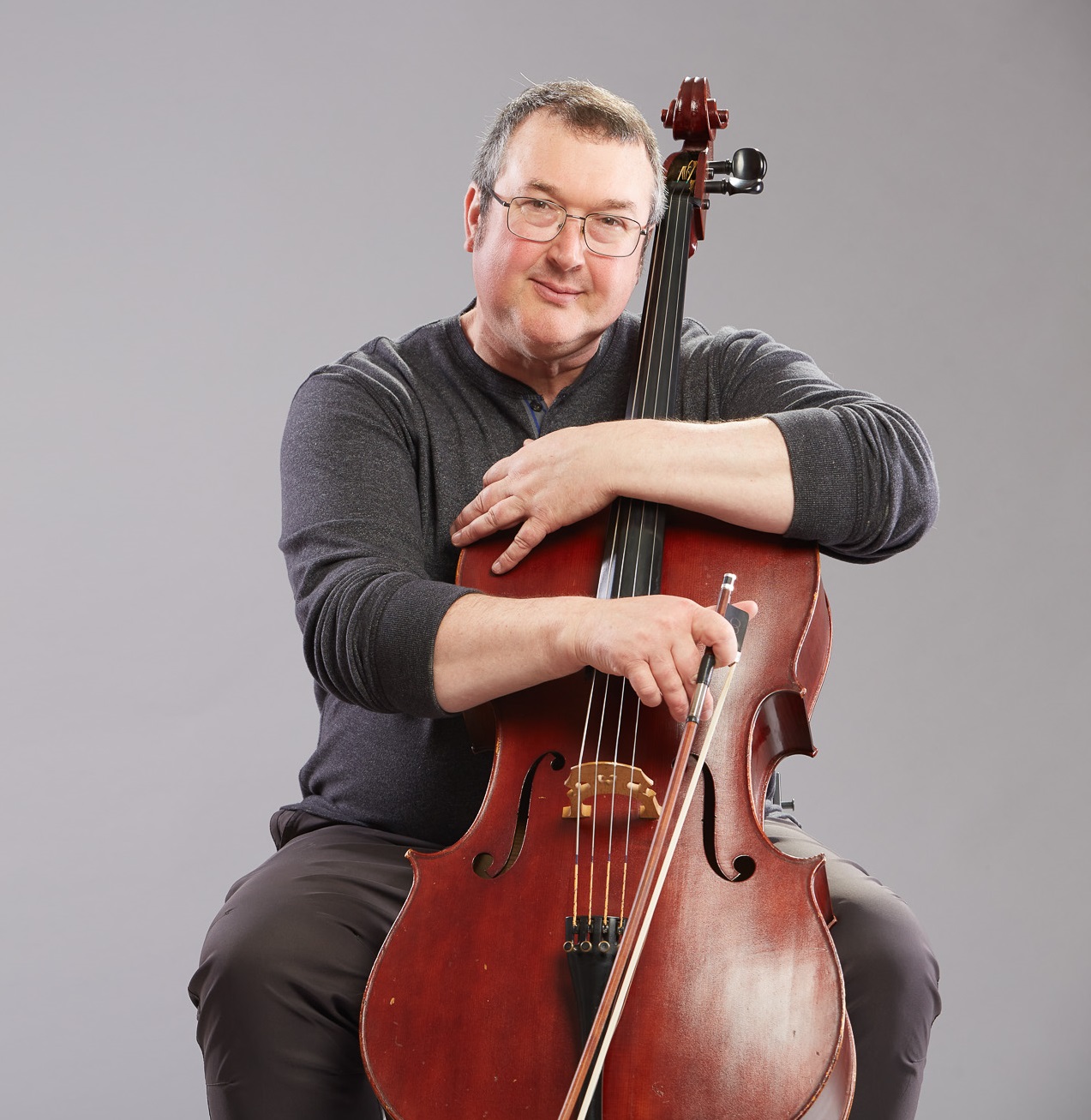Autumn Concert
7:00pm, Sun, 16 Nov 2025
- Event Details
-
Type of event: Performance Start time: 7:00pm Venue: Kendal Parish Church
Kirkland
Kendal
LA9 5AFSee map below Ticket pricing/options: Free for full time students and young people 18 and under;
others £17.50, available online or on the door.Tickets: 
Description: 
Brahms: Hungarian Dances
Elgar: Cello Concerto Cello soloist Ed Pendrous.
Bartók: Concerto for OrchestraMultiple connective strands tie together this programme.
The first is Hungary, and its rich tradition of folk and gypsy music, beloved by both Brahms and Bartok. Elements to look out for: non-classical scales and tonalities, off-beat and quirky rhythms, a flexible pulse, and a driving sense of momentum and acceleration – don’t get left behind!

The second is war – unavoidable in 20th century Europe after all. Elgar’s cello concerto was written in 1919, and its sober, almost elegiac atmosphere is a response to that disaster and all the personal grief that accompanied it. Bartok wrote the Concerto for Orchestra in 1943, when he had fled to exile in the USA. It is a much more defiant statement for his home country, its musical traditions and the Jewish and gypsy minorities that contributed so much to them.
Finally, there the idea of the concerto as a dialogue between an individual solo line and the ensemble. Elgar’s cello concerto is, obviously, a traditional concerto, which uses the lyrical powers of the solo cello to glorious effect. Elgar considered the famous tune in the first movement (first in the violas, taken up by the solo cello) to be His Tune. (If you should hear it whistled on the wind, when out walking in the Malvern Hills, he said – that’s him.) The Concerto for Orchestra, on the other hand, is not ‘a concerto’, and could have been called a symphony. Bartok said that he called it a concerto because each section of the orchestra is given their own moment to be the virtuoso soloist.
Yes, this means you. Get practicing...
- Programme
-
Start time Activity Music Minutes Run by Details/Notes 7:00pm Perform work Brahms: Hungarian Dance no. 5 (Gmin) 3 Melvin Tay 7:03pm Perform work Brahms: Hungarian Dance no. 6 (D) 4 Melvin Tay 7:07pm Perform work Brahms: Hungarian Dance no. 7 (F) 2 Melvin Tay 7:09pm Perform work Elgar: Cello Concerto op. 85 30 Melvin Tay Cello soloist: Ed Pendrous 7:39pm Intermission 20 7:59pm Perform work Bartók: Concerto for Orchestra 40 Melvin Tay Programme Duration: 99 minutes; Finish time: 8:39pm




